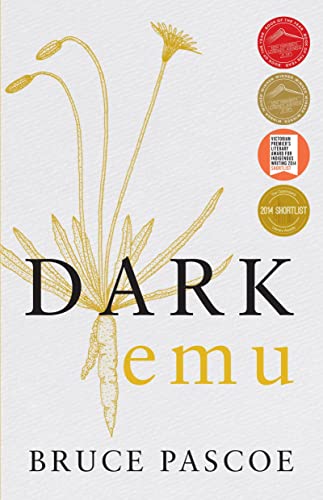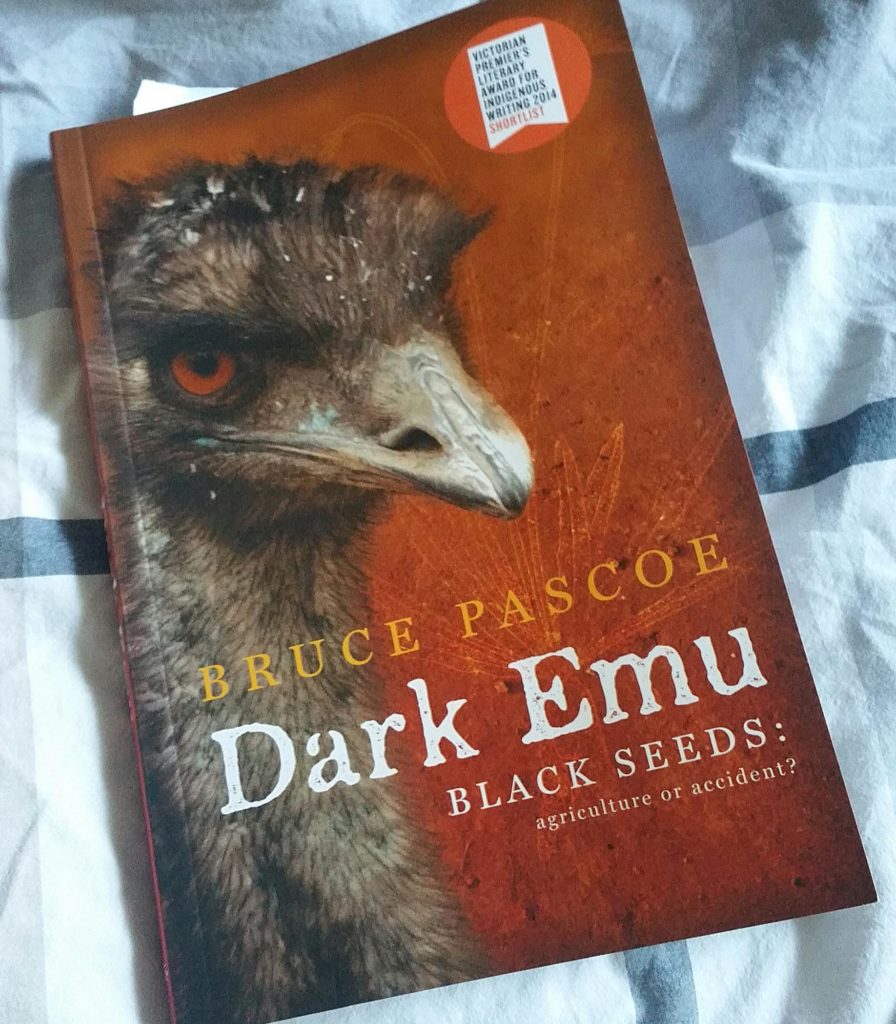
In this sense, Australia (the continent, the land, the soil, the bush) is imagined as a metaphysical substance which gives unity, meaning and destiny to what might otherwise seem like a collection of recently federated settler colonies, formed to extract resources for the benefit of a once powerful European nation state. Those Qantas television advertisements with choirs of angelic children strewn elegantly in front of Uluru or the Twelve Apostles trade on the basic fact that Australians identify and want to be identified with the continent itself.

It is a truism that Australia, overwhelmingly urban for most of its modern history, draws its identity disproportionately from “the land”. Prime minister Malcolm Turnbull with then-deputy prime minister Barnaby Joyce in 2016. If agriculture is a religion in Australia, these writers are its heresiarchs.

They include Don Watson’s The Bush (2016), Bruce Pascoe’s Dark Emu, Black Seeds: Agriculture or Accident? (2014) (which has recently been turned into dance by Bangarra) and Bill Gammage’s The Biggest Estate on Earth: How Aborigines Made Australia (2012). Massy’s joins a spate of recent books that seek to recast the basic assumptions on which Australian agriculture was built. The powerful ideological connection between Australia and agriculture is being increasingly and diversely scrutinised and comes to the fore in Charles Massy’s iconoclastic epic, Call of the Reed Warbler: A New Agriculture, A New Earth (2017), which throws into question 200 years of assumptions about what it means to graze animals in Australia. The crucial insight to emerge from such a thought-experiment is that agriculture in Australia is a religion - it is as much a religion as it is an industry.


But really the scandal of this thought goes beyond economics and into the very soul of the nation. Towns that are slowly dying would collapse, jobs would go. It would affect our balance of payments - 60% of agricultural produce is exported and it contributes 13% of Australia’s export revenue. What if Australia were to stop farming? At approximately 3% of gross domestic product, the removal of agriculture from the economy would be a significant hit.


 0 kommentar(er)
0 kommentar(er)
